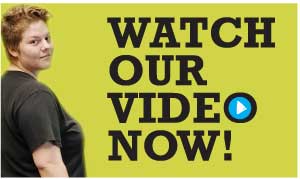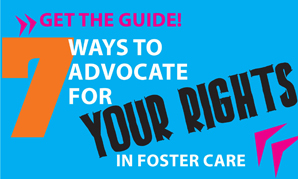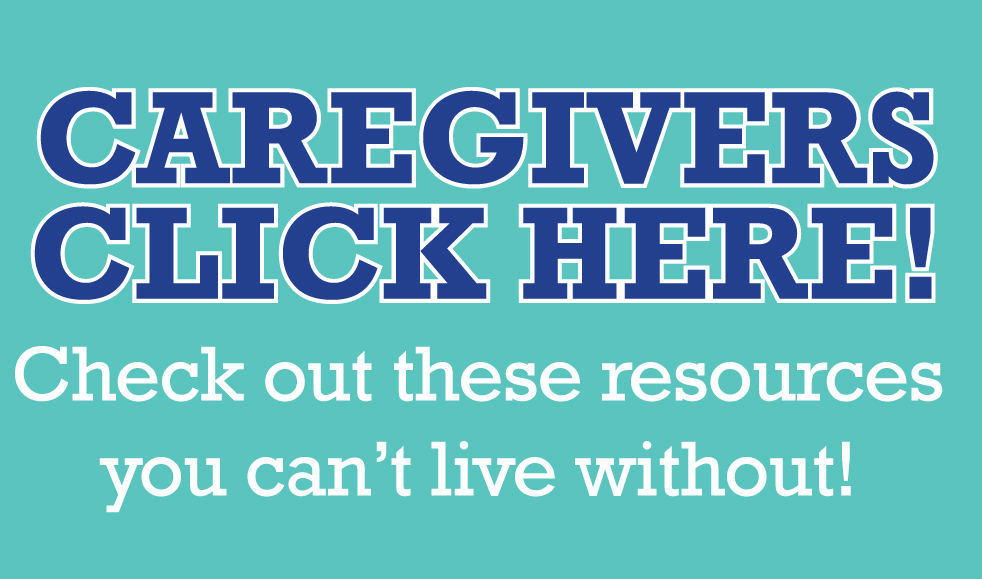As most youth approach their 18th birthday, they are excited about new independence. As an “adult”, they may feel ready to make their own decisions, but they also know they can still rely on their family for their support. For youth in foster care, turning 18 is most often overwhelming. The services and guidance they have relied on, can easily come to an end. Without legal permanency, these young adults find themselves faced with the possibility of not having the people or supports that can help guide them as they transition to becoming an adult in this complicated world. Having someone to provide guidance, support, and practice with decision making can certainly help make this transition easier.
For me, I was in and out of foster care my entire life. I experienced every placement type imaginable, but I never found a family or place to call home. Instead, I became one of the 900 or so young adults in Arizona who age out of foster care every year. At age 18, I was suddenly responsible for myself with no one else really accountable to ME to help me safely find my way. I had to learn how to handle things the right way on my own.
DCS had “prepared” me for this transition in only a few days leading up to my birthday. Everything was a blur as I struggled to learn and obtain the needed knowledge and skills that were suddenly my responsibility. I wanted to slow things down, but we had to stick to the schedule based on a judge’s ruling, not on my needs. On paper, I had multiple people whose job it was to support me, but at the end of the day, I had no one that I had a real personal connection with. Suddenly I was 18 and on my own.
Without someone to guide me through life, I struggled to obtain my legal documents, navigate new insurance coverage, and enroll in supportive programs. I eventually found work, but without interview practice or guidance on my resume, it was far from easy. These were just some of the skills I had been expected to learn in just a few days. I was doing my best to survive, but I was also still a teenager and still learning, making mistakes, and taking risks, but I had to guide myself through these life decisions, and unfortunately, this didn’t always work out for me.
While this transition comes with challenges for everyone, having someone there to support and guide me could have made a big difference. At age 18, I was focused on being independent and having enough money to support myself, so I worked two jobs while going to school. I wish someone had worked with me on my plans for the future. They could have taught me the importance of an education and told me to prioritize school while I still received some assistance through various programs. For me, the hardest part of transitioning out of care is changing your mindset to be an adult and learning to be your own support system and your own motivation. Someone could have impacted my life by continuing to be my support system, motivating and encouraging me, during this time.
If you’re looking for someone to provide support in your life, check out our page on how to find a mentor.
—FAAZ Board Member: Rayanna



Leave a Reply
You must be logged in to post a comment.